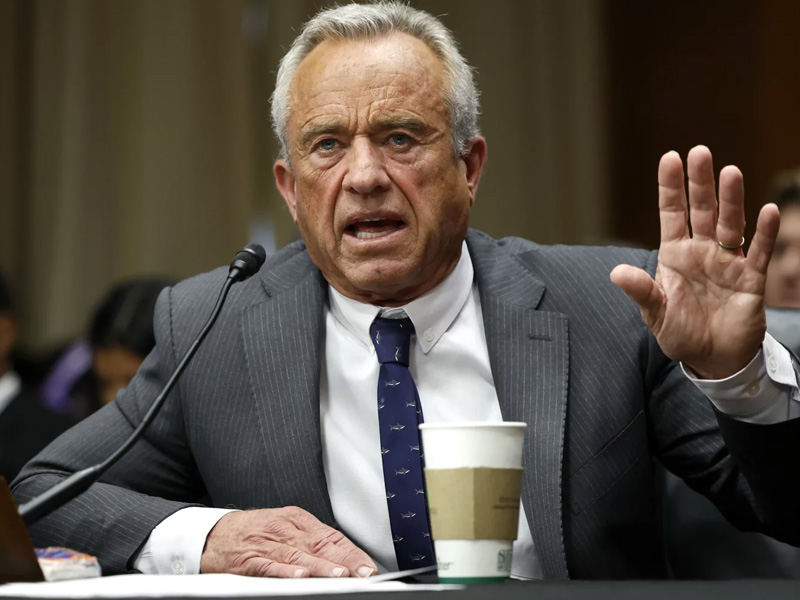
A vaccine advisory committee appointed by US Health Secretary Robert F. Kennedy Jr. has recommended new restrictions on the combination vaccine that protects against chickenpox, measles, mumps and rubella, in a move that has alarmed many medical experts.
The 8–3 vote advises the Centers for Disease Control and Prevention (CDC) that children under age 4 should not receive the four-in-one vaccine, known as MMRV, but instead take separate doses of MMR and varicella.
Committee members cited rare seizure risks, though public health experts stressed the risks are minimal and unchanged since the CDC last examined the issue in 2009.
Kennedy, a longtime critic of vaccines before becoming health secretary, fired the CDC’s standing vaccine panel earlier this year and replaced it with members sympathetic to vaccine skepticism. Thursday’s meeting also delayed a vote on whether hepatitis B shots should be given at birth a longstanding standard in US medicine and is set to debate COVID-19 recommendations Friday.
Medical groups denounced the new guidance as dangerous. “Thursday’s meeting promoted false claims and misguided information about vaccines as part of an unprecedented effort to limit access,” said Dr. Susan Kressly, president of the American Academy of Pediatrics. “Families are left with confusion, chaos and false information.”
Doctors warned the move could reduce access to childhood vaccines by limiting what Medicaid and government insurance programs cover. Others said sowing doubt about routine immunizations risks reversing decades of progress. “It’s a solution looking for a problem,” said Dr. Michael Osterholm, a University of Minnesota infectious-disease expert. “As more doubt is sown, we’re going to see fewer people vaccinated and the return of diseases we largely conquered.”
The hepatitis B debate further underscored divisions. While some panel members questioned whether universal newborn vaccination was necessary, other pediatric specialists insisted the vaccine is safe, effective, and vital for protecting infants. “I’m not sure what we’re gaining by avoiding that first dose within 12 to 24 hours after birth,” said Dr. Cody Meissner.
CDC directors traditionally adopt the panel’s recommendations, meaning Kennedy’s newly restructured committee could reshape how millions of US children are immunised.
Erizia Rubyjeana



